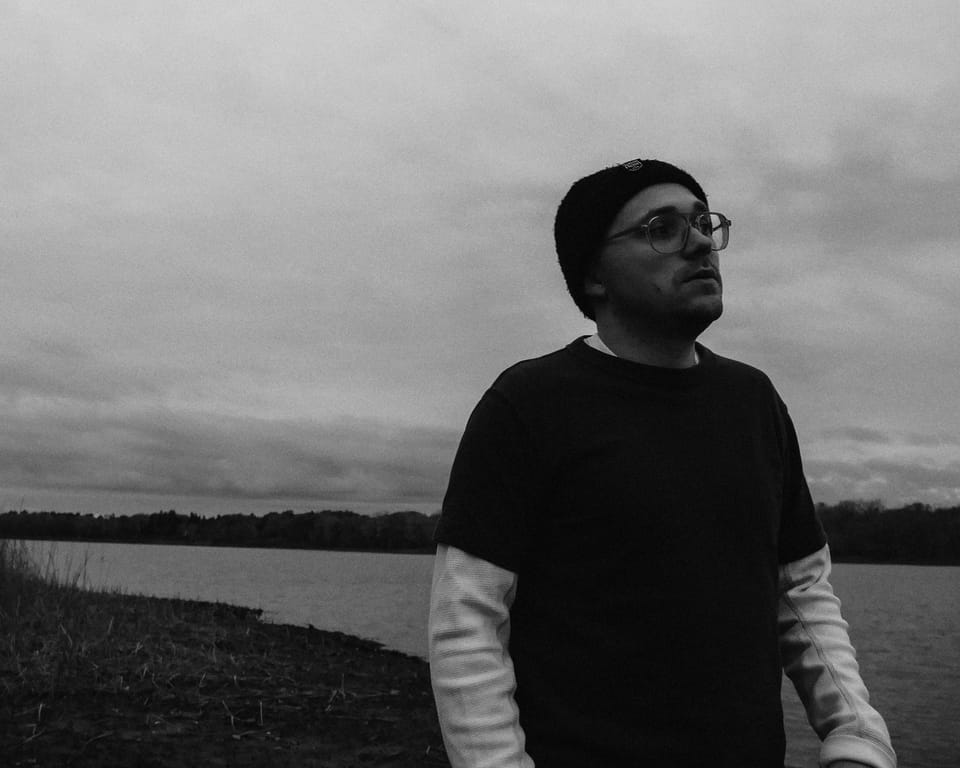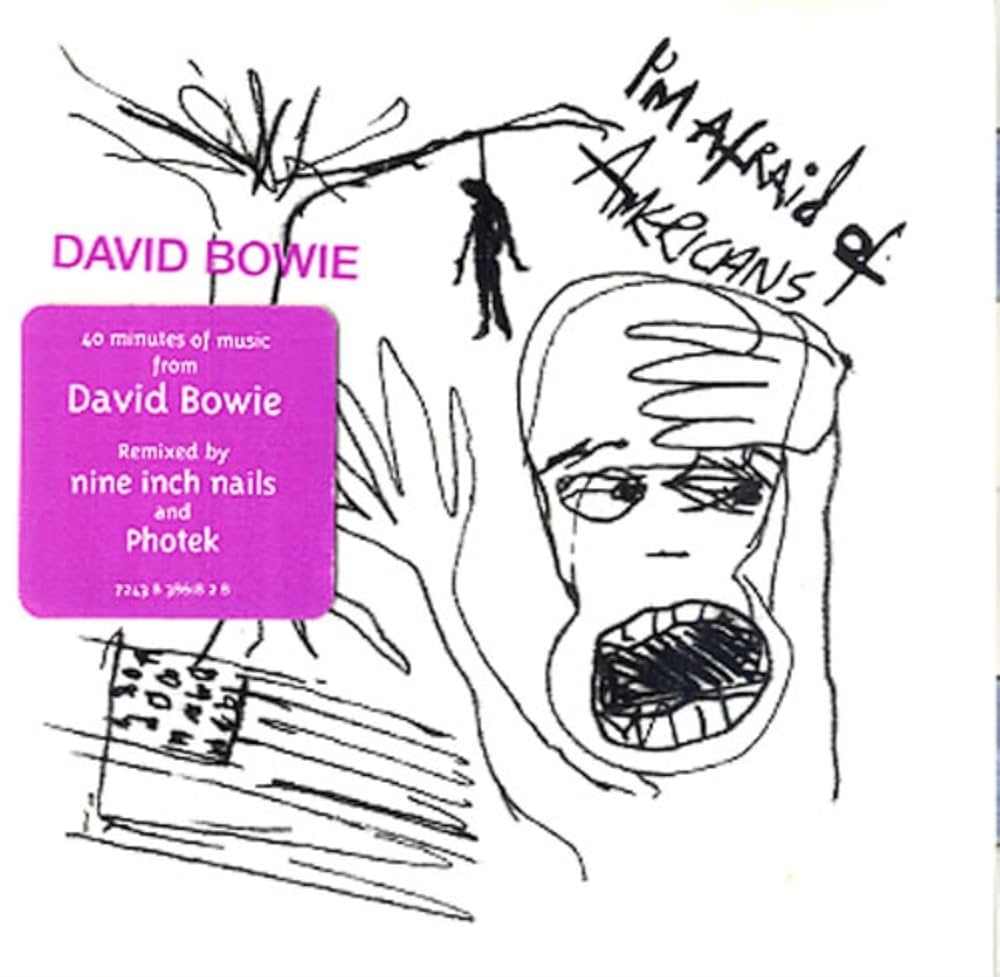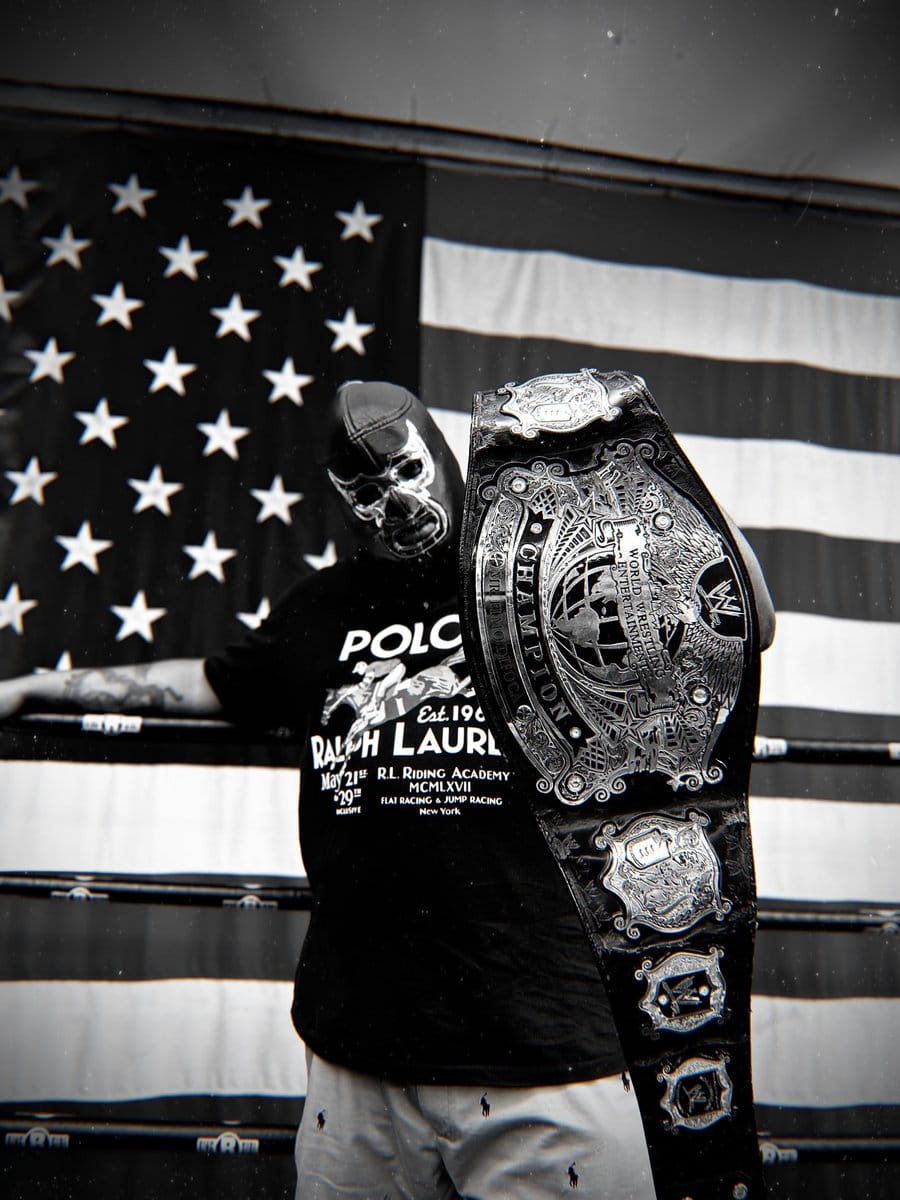Revival Season Rep The Classic Hip-Hop Duo Mode
The Georgia-based hip-hop duo discuss their new EP 'Formless.' +reviews of ialive / BLUEHILLBILL & Al.Divino
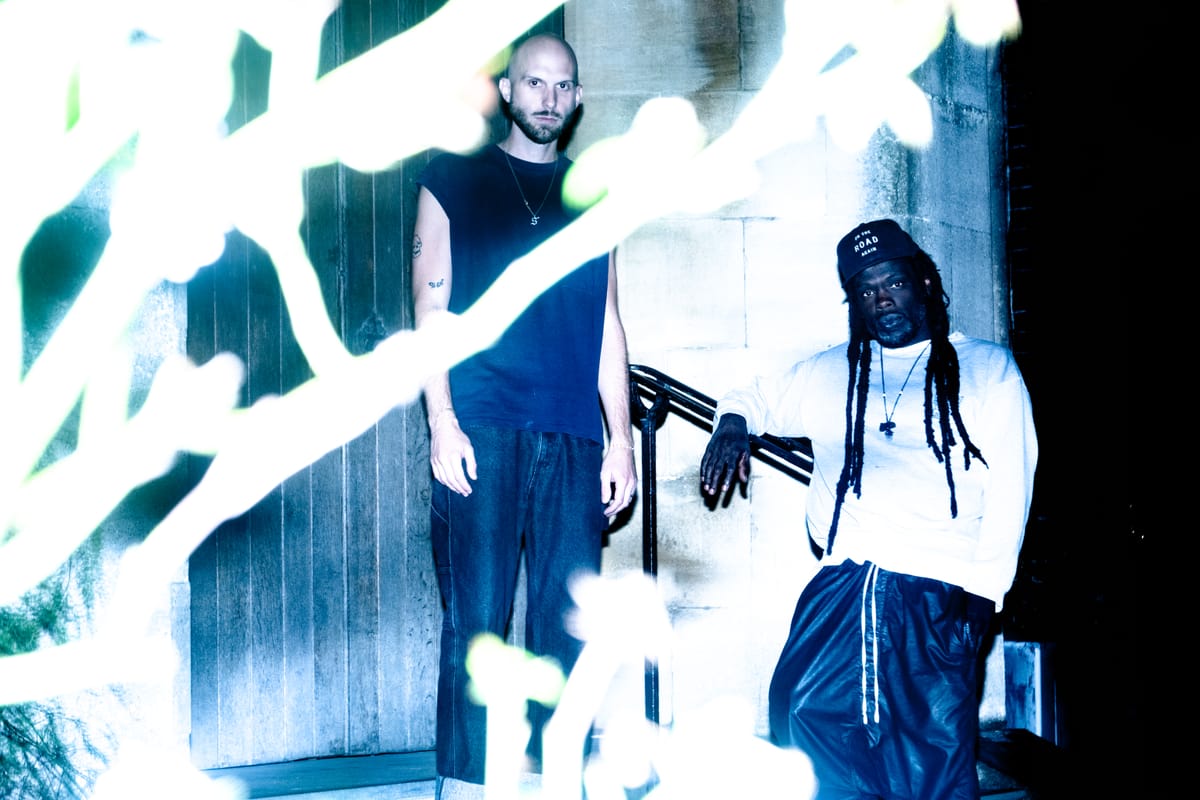

Eric B. and Rakim, Kool G Rap and DJ Polo, Pete Rock and CL Smooth–several of hip-hop's greatest Golden Age moments came from rapper-DJ/producer duos. By the start of the 2000s, however, solo/dolo was officially the preferred mode, with the beatmakers and turntablists largely relegated to the liner notes. In more recent years, no doubt with advances in technology and some pandemic era practices, more and more pairings in this classic form continue to emerge and thrive. For instance, Roc Marciano and The Alchemist dropped two career-standout projects together in just two years time, while Infinity Knives and Brian Ennals seem almost inextricable from one another amid their critically-acclaimed three-album 2020s run.
Falling more into the latter camp, Georgia's vibrant Revival Season is comprised of Atlanta-based producer Jonah Swilley and Columbus rapper Brandon "BEZ" Evans, both exhibiting clear and durable connections to the old school while operating in a decidedly contemporary mode. Following their sociopolitically-minded 2024 full-length debut The Golden Age Of Self Snitching, the duo's latest is the EP-length Formless, a relatively eclectic, self-described mixtape that broadens both their sound and artistry alike.
CABBAGES: The last time I spoke with you guys was outside of the Warsaw in Brooklyn when you were on tour last year with Kneecap. What was that experience like?
Brandon "BEZ" Evans: It was a great experience; we did East Coast and West Coast on that. It was crazy to me, seeing a different demographic because was on tour with them, in cities that I had had on my list. I'd wanted to play Oakland, for instance, and I just found out it was a lot of Irish people in Oakland–more than I anticipated to fill that room up. All the guys were super cool. The shows were super fun. I loved it.
Jonah Swilley: It definitely was the most consecutive shows we had ever done, and it was our first real tour together, our first U.S. tour for sure. It kind of solidified us as a group. We came back from the run so acquainted with the songs, from a live perspective. It felt like we took ownership of our music more so, performing in front of audiences that weren't familiar with our work. We really had to stand on our album and push it to people that didn't know who we were.
BEZ: You can't thug your way into Canada, though. If you got anything on your record, ever, you need to holler at the authorities before you even try and cross that border. I thought I was living like a clean citizen out here.
It's been roughly 15 months since The Golden Age Of Self Snitching dropped. You've lived in it, performed it live on tour. So looking back at it, how do you feel about that music?
BEZ: I love that record, man. It was right on time, with the subject matter on the record existing out in the world while things were going on. It gives it so much body and context as we all take it in as a group. It lives out in the world, as a reference point for a lot of things, as something that's tangible and that's not just in our heads and our hearts when we're making it. It was kind of a cheat code too when we was getting the songs out on tour, because a lot of it is energetic and easy to dance to, even though it might be a lot more on a deeper listen. You could just sink into it and vibe to it.
I've had a lot of people since the release, now some time has been by, talk to me about the record in real time, as shit is happening, in reference to shit on the record like, there it is. So it has been great having it out in the world, man. I love it as a piece and a timestamp–not that the records sound like that time. You could probably play this shit in the past or maybe in the future. It's just good it existed in that time and people will always have it for that.
So where in all of this does the music for Formless come about? Were these five songs recorded alongside the Golden Age material or afterwards?
Swilley: Two tracks were recorded in the past year. The other three were [recorded] in an intermediate period. I didn't have a studio; I just had an extra room in my place that we would record in. B would just pop into town and we would record whatever we could, which was actually different than how we did the first album. The first album is more like I took B's vocals and kind of remixed them, for a lot of the music on that. This record was the first time we'd really sat down, got in a room together, and made some songs. I moved into a house last year and B came over. In the first session. we cut "Slick Rick" and then we were just going crazy. I think we did both those in the same day–
BEZ: "8'3" was in that same session too. Wild day. We were just passing through.
Swilley: That's the first day too. And "Full Frontal," I was like B, check out this beat. We were dancing to it for a while and then he was like, I got a verse. Everything happened very naturally with this mixtape.
BEZ: It was around the time when we did "Doobie Ashes," but I'm not sure if it was the same exact day. It might've been the same day. I was about to hit the road again, because I just be slipping through and shit. I was about to hit it and then he was like, before you go you got to listen to this beat. It was "Full Frontal." I was like, oh, I ain't going nowhere now.
I got a lot of songs written. Sometimes they stick, sometimes they don't. They'll just stay in my phone or a notepad forever. But then sometimes I hear something I'd be like, oh, this is for that. So that was one of them.
So now do you prefer creating in this way, where you guys are just in the same room together and it all sort of comes together in the space?
Swilley: We were working the way we were on the last album because of distance. When B and I are together, if there's a mic and a way to make a beat, we'll make some music. Even traveling together, we'll pop up and record wherever. I've done that a bunch now; we did some sessions in London just for fun. We have some stuff that we're not really sure what to do with that's from that, but it'll probably turn into something. We like the experience of making music in the same space more. It feels even more like hip-hop really. It feels like even the essence of what we're making is that.
BEZ: A big thing woven into hip-hop's essence, period, is that the DJ is super important. The DJ is part of the group, a lot of the pivotal groups. Either you have a Gang Starr–just one man, one DJ–or Run-DMC. The DJ is a part of the group where his name gets mentioned alongside Run. When they're talking about the group, they speak of all three members. Salt N Pepa, Eric B. and Rakim–the DJ's a big deal. I always loved that and I always love when people have that kind of connection. You get it still in the internet era, when people do whole projects with people over and over again, like Nicholas Craven and Boldy James.
I just love that dynamic. It gets deep as time goes and more shit is created. The expansion of the sound is really locked in. You have this solid core to it when it's not seven different producers. So it's like two people doing something different. Every album when it's one rapper and one producer is different than just if I'm doing a solo project.
Between Golden Age and Formless, you dropped a few singles, namely "Dim Sum" and "White House Black." Do you anticipate some of the material you've recorded in London or elsewhere there might end up released in single form?
Swilley: I like releasing EPs. If we can do more of that, I would love to do that, because you can put music out sooner than every two years. I love an album and it's an amazing thing to be a part of, but it takes such a long time to release. By the time it comes out, you're already onto some other shit. We recorded two of the singles less than a year ago, and those still feel really fresh to me. Even from a live perspective, it doesn't get old quick when you're not over the songs. I mean, we still have fun with the older material, but the new songs I'm so amped to play now because they're still fresh.
Formless amplifies the chemistry that you guys have that was already evident on Golden Age. What's really striking is that, even compared to that album, Formless is a very diverse set of songs. Were you intentionally trying to broaden Revival Season's sound or is this a more natural product of how you guys are progressing together?
Swilley: It feels very natural to me.
BEZ: It is natural, but it's not without intent. I always try to do something different. The concept of formless itself, it being called that and with the collection of songs going different ways, it's kind like we can do different things. So let's have every song be a different avenue. Golden Age was very, very wrapped inside a theme. It was almost a concept record. I just wanted to not do that [with Formless]. But there was no conference call about it. It happened natural from that point, but I was in the mind of it personally, for sure.
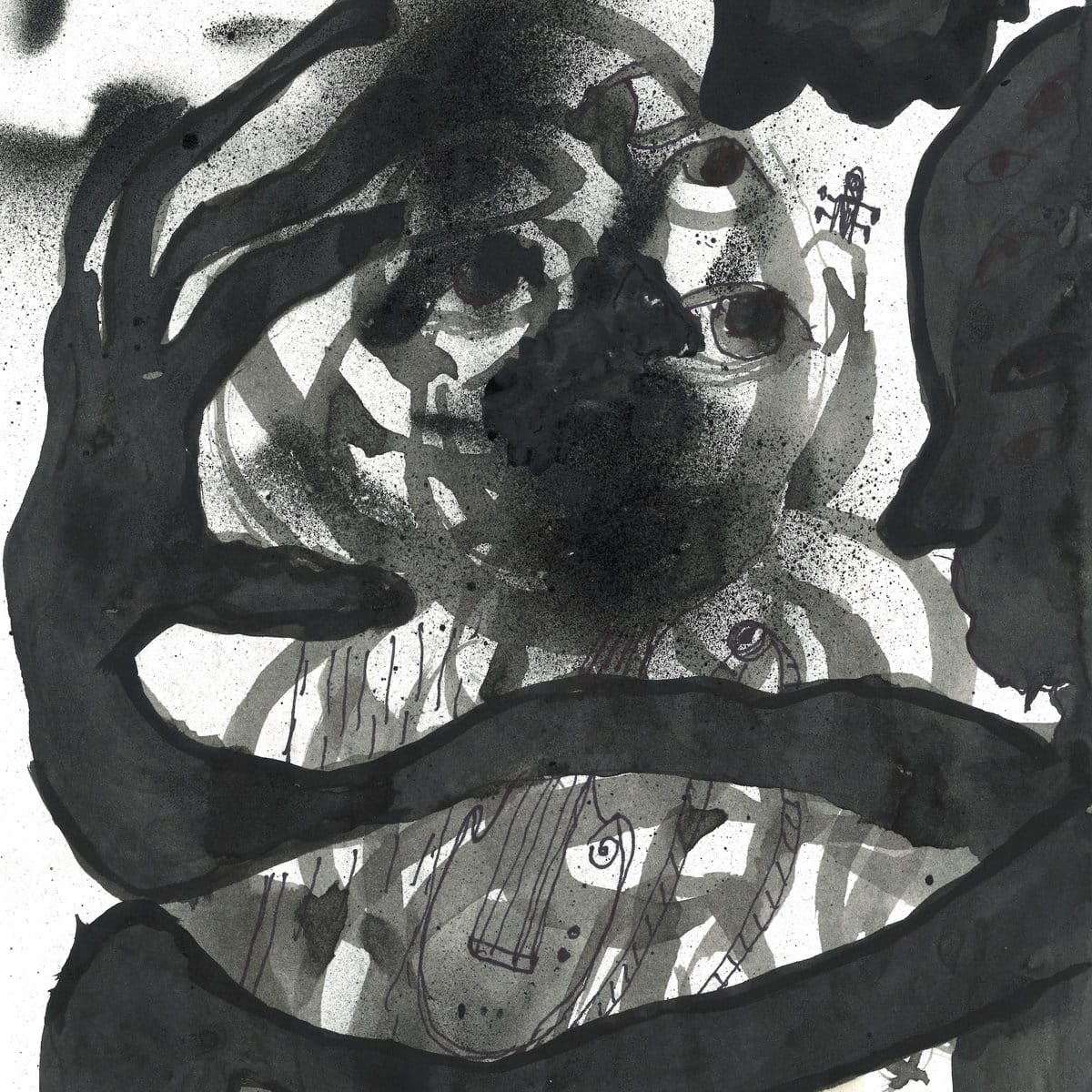

BLUEHILLBILL & Al.Divino, Avematix
Since Al.Divino departed Bandcamp and the wider streaming industrial complex, the Massachusetts artist’s catalog has grown considerably, one $32 drop at a time via his convenient e-commerce website, Jackpot. A rare exception to his exclusively self-reliant practice, this full-length collaboration with rapper BLUEHILLBILL unexpectedly makes its way onto streaming arrives roughly a month after it premiered as a paid download. And it's a damn good thing, because their exceptional Avematix deserves as much attention as possible. Technical traces of Ghostface and Pun run through the uptempo jazzmatazz blur “I (93)” and the gloomy boom bap shuffling “The Mission,” two tracks that highlight the proficient pair's fantastic damage. Deceptively shambolic in spots, the album adapts Divino's inclination towards textural noise in a way that elevates BHB's off-kilter emcee acrobatics. For clear examples of that volatile formula, look no further than the stop-start C.R.E.A.M. scheming of "Tony Hawk" or the bassy, blown-out b-ball banger "Idiots WITH Smartphones."
ialive, Quietism
As one half of The Hell Hole Store, ialive provides lyrical countermeasures to contrast with Darko The Super's rapping idiosyncrasies. On his own, however, the Philadelphia artist benefits from that greater visibility, revealing a stronger emcee identity touched by satirical wit and reflective range. While his latest solo album's title Quietism might suggest a certain Christian stoicism, he's more secular skeptic than sanctimonious monk, the acclimatized rapper ruminating on things while ostensibly attempting to accept what he can't change. Yielding control of the beats to outside producers like Garfunkle and Illingsworth for a change, he focuses instead on topics like capitalism's cold crush ("Keep Dreaming") and dismantling patriarchal legacy ("Dad Class"). Whether lamenting lost landmarks of past lives on "Camden Beach" or resignedly scrolling targeted content on "I Made Peace With The Algorithm," he affixes the personal to the mundane in an engaging manner. The guest list includes pals he's sat behind the boards for, with rhyme clinics by Curly Castro on "Talk King" and the aforementioned Darko on "Shotei."


Three new tracks to snack on...
Artisin & REKS, "Eat What You Kill (feat. Estee Nack)"
dreamcastmoe, "jjk (feat. Ruqqiyah)"
Big Moochie Grape, "AB"


